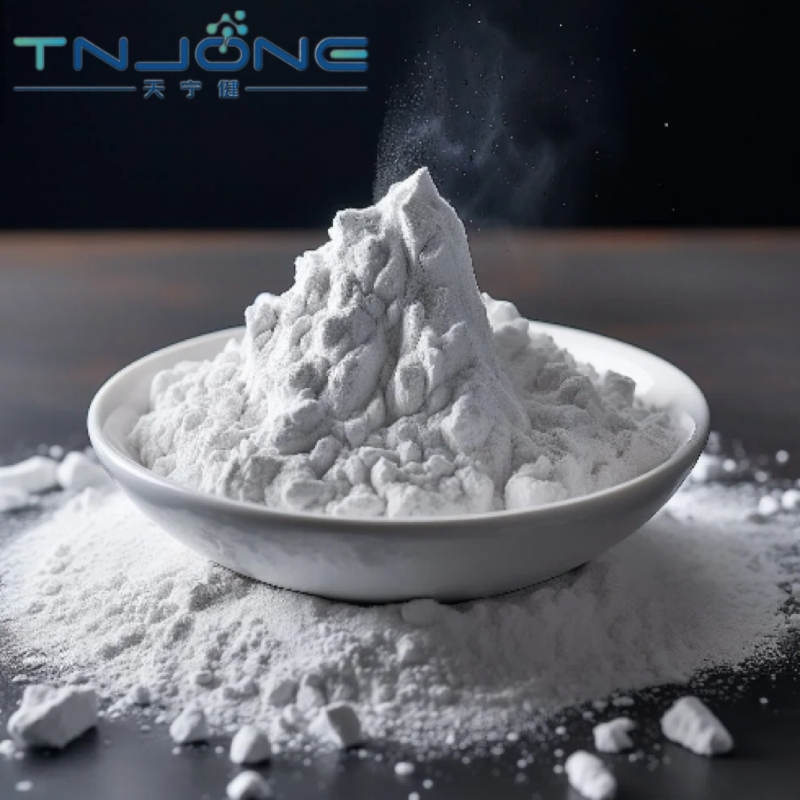-
Categories
-
Pharmaceutical Intermediates
-
Active Pharmaceutical Ingredients
-
Food Additives
- Industrial Coatings
- Agrochemicals
- Dyes and Pigments
- Surfactant
- Flavors and Fragrances
- Chemical Reagents
- Catalyst and Auxiliary
- Natural Products
- Inorganic Chemistry
-
Organic Chemistry
-
Biochemical Engineering
- Analytical Chemistry
-
Cosmetic Ingredient
- Water Treatment Chemical
-
Pharmaceutical Intermediates
Promotion
ECHEMI Mall
Wholesale
Weekly Price
Exhibition
News
-
Trade Service
Humidity Control of General Pharmaceuticals Moisture is a major threat to the general pharmaceutical industry as it causes deterioration of hygroscopic materials, organic corrosion, biochemical reactions, activates harmful activity of microorganisms, and compromises the accuracy and uniformity of formulations
.
Handling powder grinding under the influence of uncontrolled humidity: Water vapor makes the material elastic and difficult to grind
.
The material adheres to the grinding machine and is not affected by pneumatics from one process to another
.
Mixing of Tablets: Unwanted moisture hinders the desired reaction, resulting in an undesirable final product, resulting in poor quality and shortened shelf life
.
Tablet Compression: Powdered materials can only be compressed under high pressure in the dry state
.
Moisture causes lumps and lumps, breaking down the drug, reducing its medicinal value and causing the tableting process to fail
.
Tablet coating: Improper cooling and drying of sugar solutions can result in rough, translucent and uneven coatings
.
Glandular/Liver Extracts: Requires lower relative humidity conditions after drying
.
Manufacturing Effervescent Tablets: Moisture in the manufacturing area can affect surface finish
.
Cough syrup: When the humidity is high, the material sticks to the punch
.
Storage: Aluminium is moisture sensitive in nature and can lead to moisture and tablet packaging Dry powder/vial filling: Powder adheres to conveyor preventing air circulation and filling operations
.
Peel Packaging: Moisture in the packaging area can cause moisture absorption in the tablets and capsules, reducing the expected shelf life and effectiveness
.
Causes of Uncontrolled Humidity Wet weather conditions and the presence of water sources near the plant (high humidity in the environment due to the large amount of water used in various processes
.
Also most plants are in cold environments, which are Humid atmospheric conditions
.
Different conditions are generally recommended for various drugs, these should keep the product and have a longer shelf life
.
Cough: Humidity is maintained at 30% RH
.
Penicillin: Temperature and humidity must be strictly controlled within ±0
.
Penicillin incubation period 25oC and ±3% RH
.
Injection/Ampoule: RH should be less than 45%, while sterile ampoule powder requires 35% RH or less
.
Soft gelatin capsules: Gelatin can be maintained at 320°C by circulating dehumidified air to 20% RH indoor to dry
.
Regardless of the environmental conditions during production, processing, storage and packaging, industrial dehumidifiers can maintain relative humidity as low as 1% or even lower
.
Matsuetsu dehumidifiers are powder-coated surface treated with High performance metallosilicate fluted media, which is static and non-toxic, making it ideal for the requirements of the pharmaceutical industry
.







